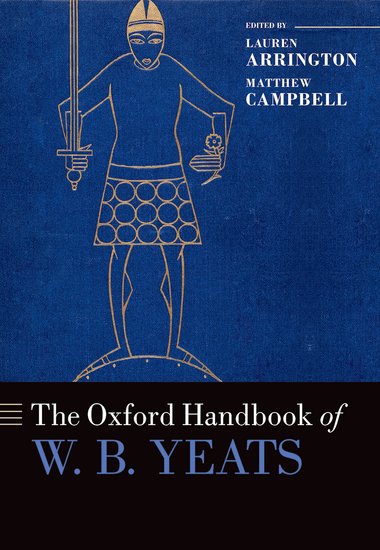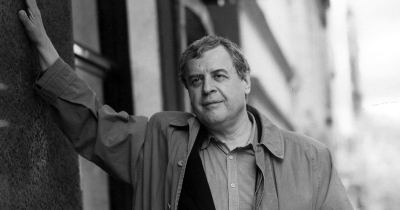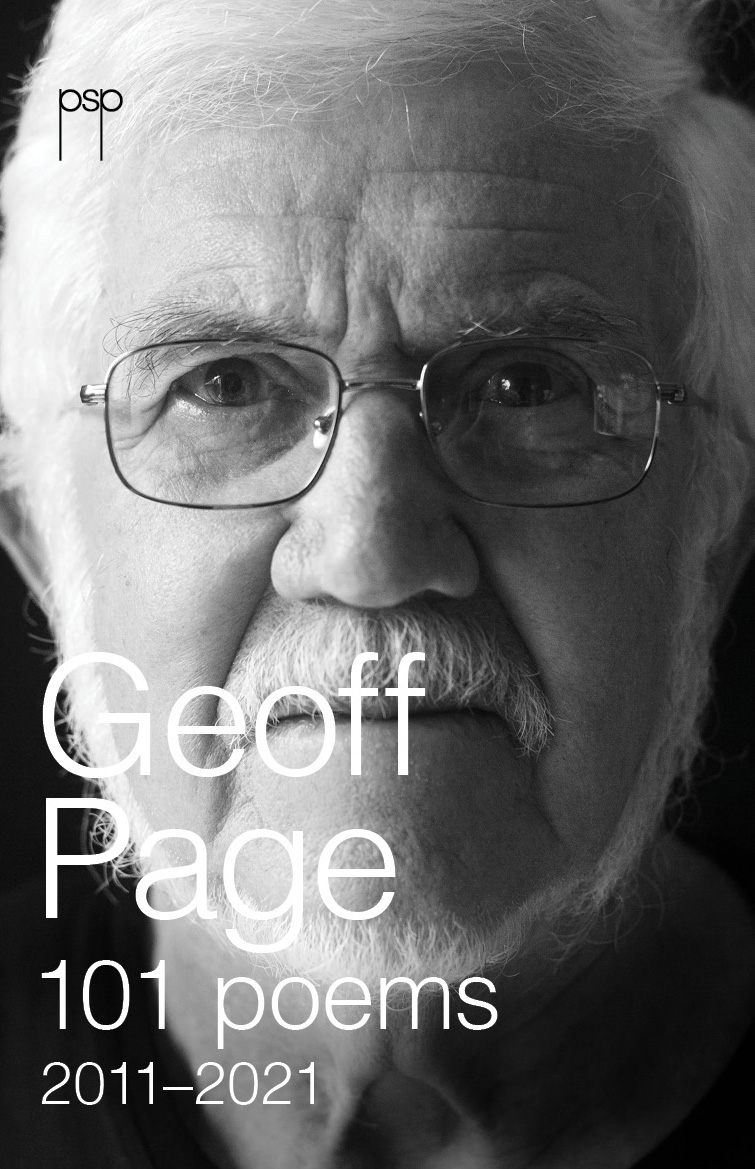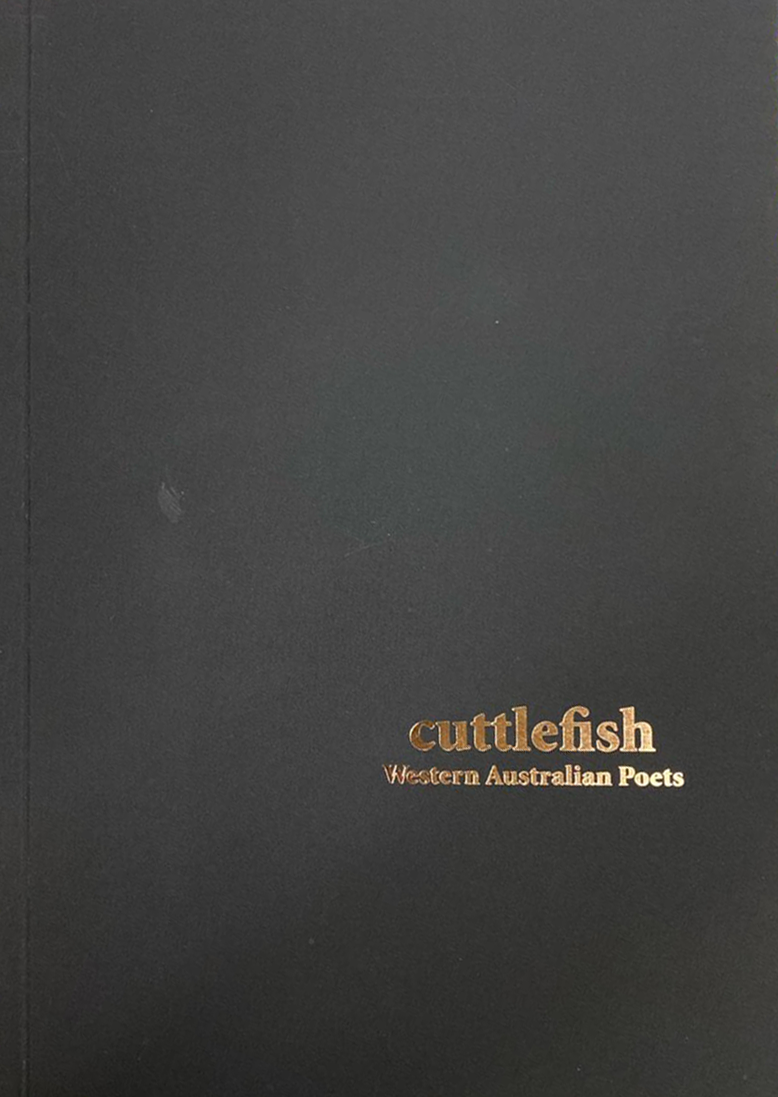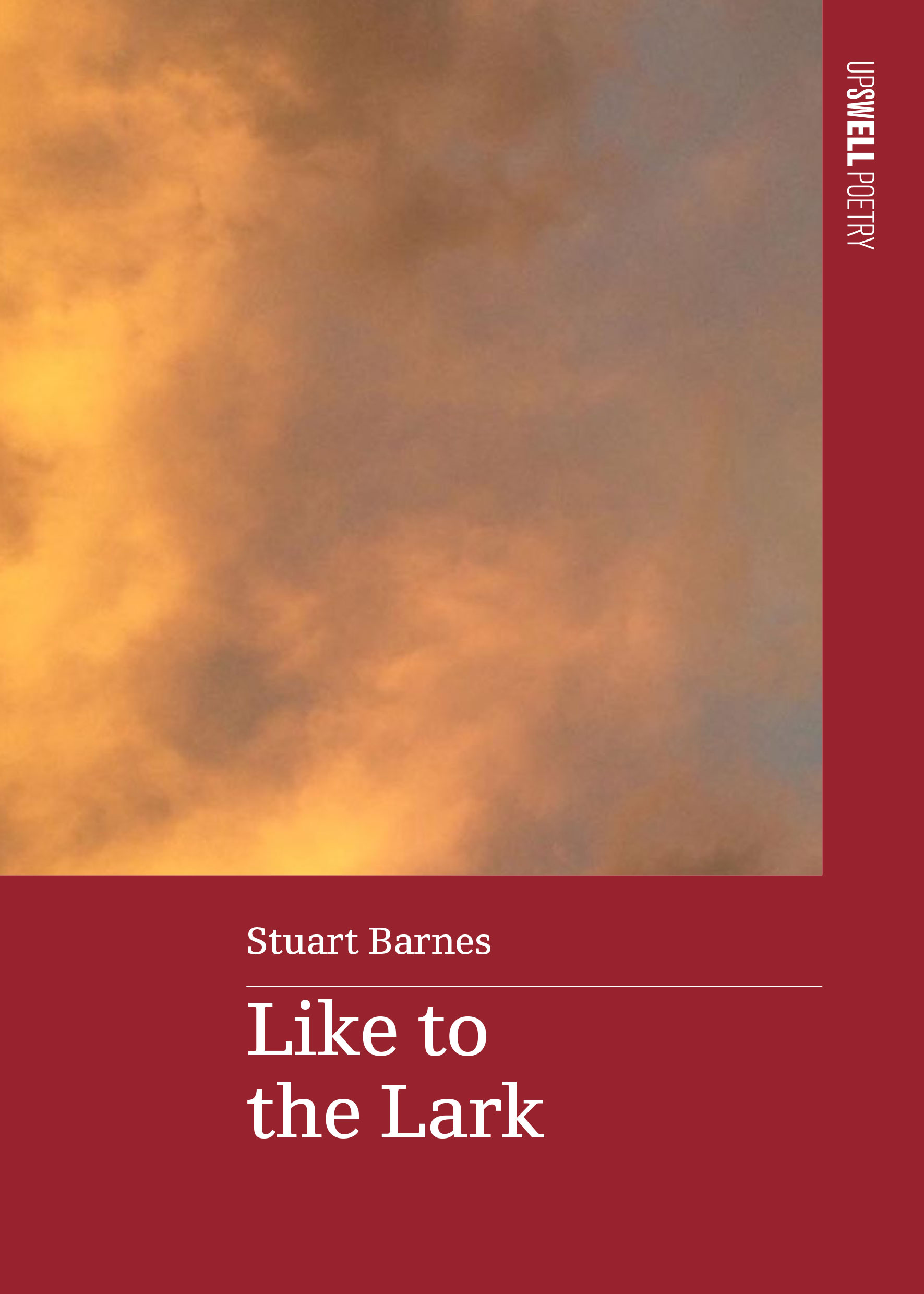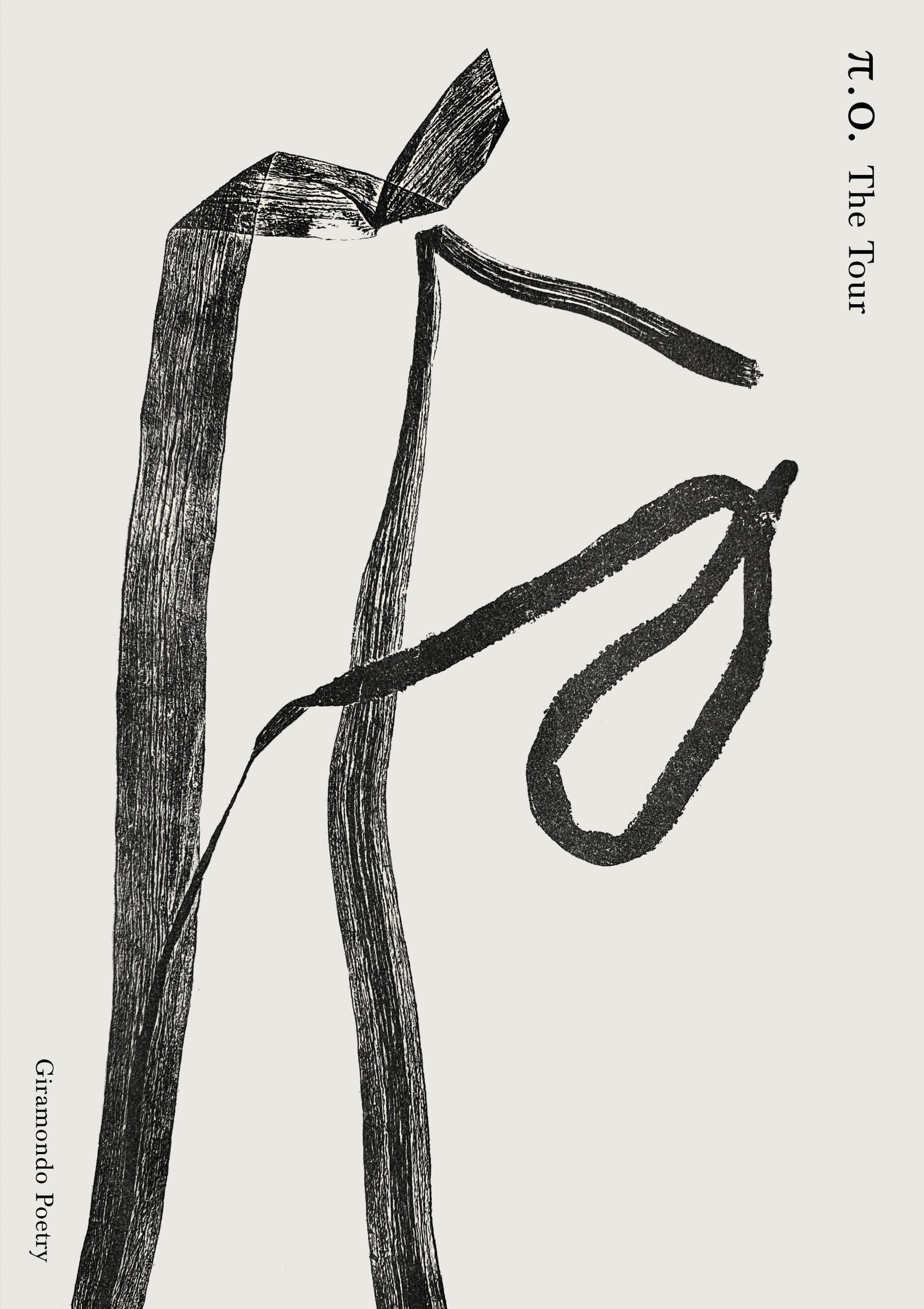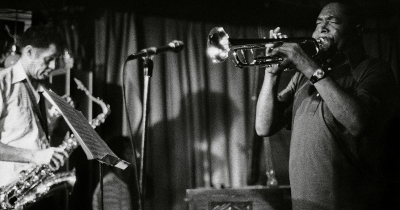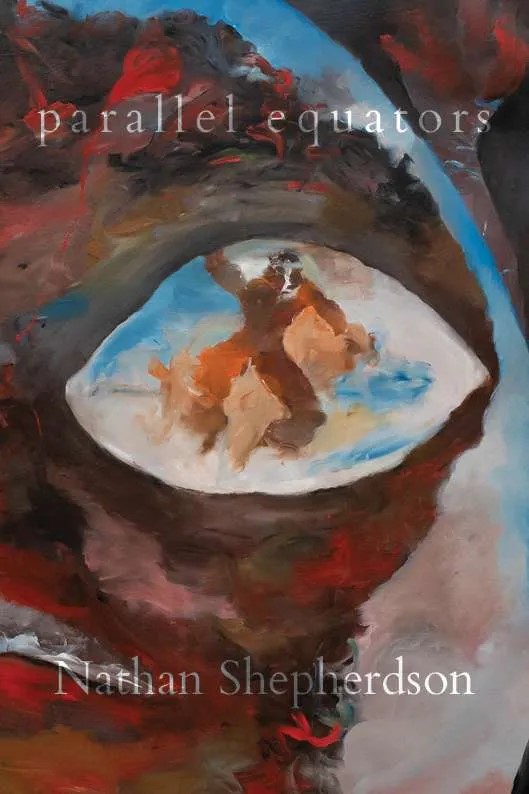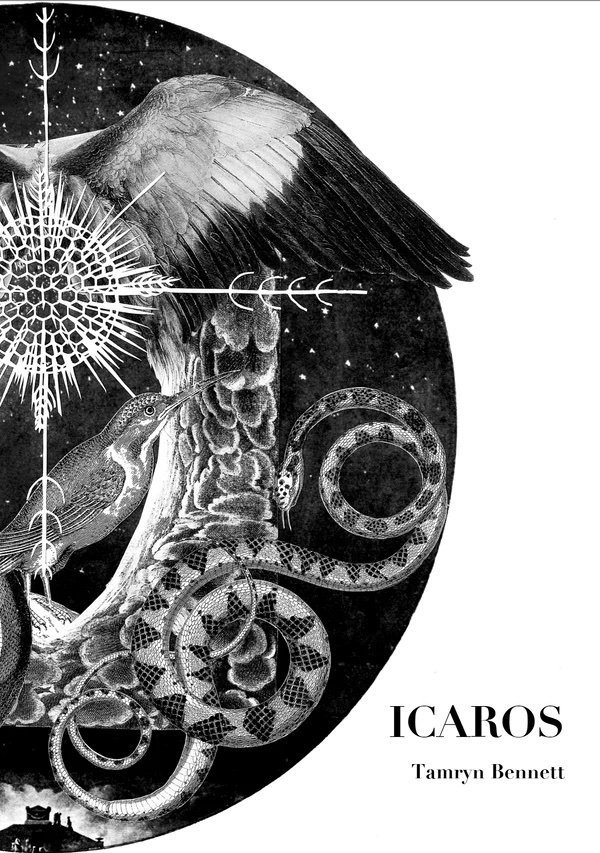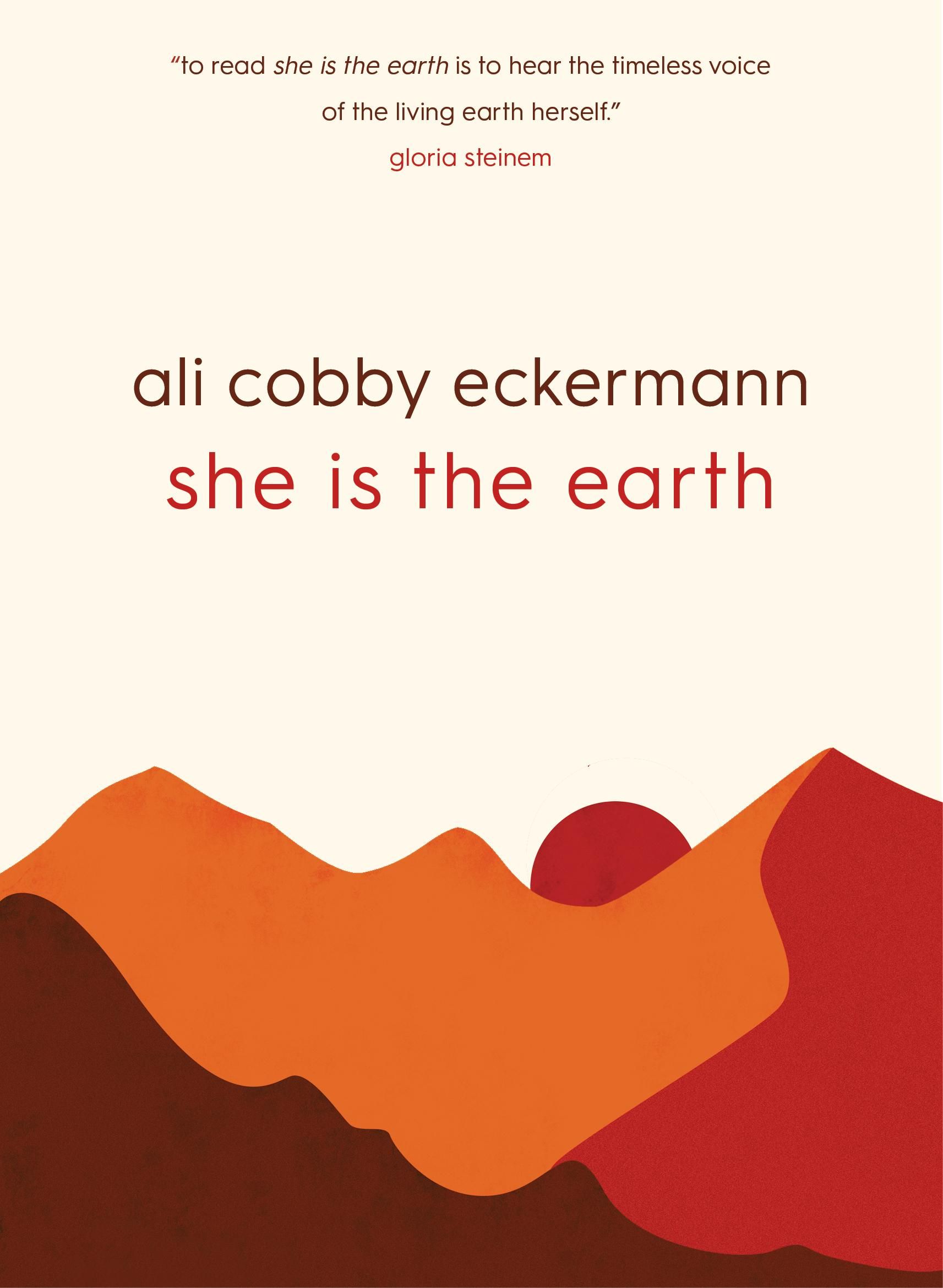Poetry
The Oxford Handbook of W.B. Yeats edited by Lauren Arrington and Matthew Campbell
What then? sang Plato’s ghost.’ Editors Lauren Arrington and Matthew Campbell begin their Preface to the massive Oxford Handbook of W.B. Yeats with the poet’s own injunction to old age. And what a life it was: seventy-three years lived over two world wars; a mammoth literary oeuvre criss-crossing Victorian melancholy, Romantic sublimity, and Modernist apocalypse. At different times and sometimes simultaneously, Yeats was a bohemian raconteur in the Cheshire Cheese pub, a radical nationalist leader of the Irish Revival, a cosmopolitan disciple of the occult, and a waspish senator enraged by the philistinism of the Irish Free State.
... (read more)It took me years to gather enough courage to introduce myself. Finally, deep into the Covid lockdown and a few months after receiving an award for my first collection of poems, I began my correspondence with Charles Simic by sending him an email to share the news, as if he were a family member, the one who would understand. He replied warmly, kindly, and in Serbian: ‘Draga Jelena …’
... (read more)Pitt Street Poetry is a fine and well-established poetry publisher. However, its 101 Poets series is a somewhat puzzling phenomenon. It was started in 2016 and, according to the publisher’s website, aimed to be ‘a new series of selected poems … bring[ing] together the best work of Australia’s leading poets as collectable, definitive editions’. Yet, in eight years, it has only included volumes by John Foulcher, Anthony Lawrence, Geoff Page, and Ron Pretty. These are established figures, but they do not constitute a broadly representative sample of Australia’s leading contemporary poets.
... (read more)Cuttlefish: Western Australian poets edited by Roland Leach
In Marion May Campbell’s poem ‘in the storeroom,’ which appears in Roland Leach’s anthology Cuttlefish, she writes that ‘poems are letters that go astray’ – a whimsical yet fitting definition of the kind of poetry that appears in this collection. In these digital times, there is something ceremonial about a letter: a personal communication which must be opened and held; possibly shared, intentionally or otherwise. The poems in this collection have a tight focus; each is confined to a single page. They are often personal, poems of memory and family, beginning with reminiscence and hinged with sharp insight. They may be poems about the natural world, thoughtful and observant like missives from a traveller.
... (read more)A book review is a review of a book. This sounds obvious enough but can put the reviewer in a position they would not wish to be in as a more casual reader: that of not just reading a book’s poems, but also feeling a need to attend to the rest of the book – that is, the book’s paratexts.
... (read more)In 1985, five (or four, depending on the source) Australian poets went on a sixteen-city reading tour of the United States and Canada. Π.O. was one of them. Originally titled ‘The Dirty T-Shirt Tour’, The Tour is ostensibly Π.O.’s diary of that trip, the dirty T-shirt standing for the narrator’s ‘difference’: his migrant, working-class background; his flouting of social conventions; his ‘performance poet’ status. While the other poets are (repeatedly) washing and ironing in their rooms, he is out walking the streets, making astute observations, meeting interesting people. Π.O. names the well-known poets and lesser entities he befriends and the famous poets he doesn’t meet – the disreputable T-shirt given as one reason for his exclusion – but he omits the identities of the poets on the tour and the tour organisers.
... (read more)parallel equators by Nathan Shepherdson & camping underground by Greg McLaren
'Poems reawaken in us,’ writes James Longenbach, ‘the pleasure of the unintelligibility of the world.’ They do so via ‘mechanisms of self-resistance’: disjunctive strategies that work, for Longenbach, to ‘resist our intelligence almost successfully’. What ‘almost’ means here is, of course, a matter of taste – and style. Nonetheless, this Romantic mandate – that poems achieve clarity by integrating opacity – invites a question fundamental to poetics: how much resistance is too much, or not enough?
... (read more)Tamryn Bennett’s Icaros and Willo Drummond’s Moon Wrasse both use the natural as their central motif. Nature has of course always been a font of inspiration for poets. These two poets draw from that font in vastly different ways. Bennett’s title refers to a form of South American song that is chanted during rituals of cleansing and healing that involve plants. Drummond’s refers to a hermaphroditic fish, the moon wrasse, which acts as a symbol of transformation.
... (read more)She Is The Earth by Ali Cobby Eckermann & More Than These Bones by Bebe Backhouse
Ali Cobby Eckermann is an award-winning Yankunytjatjara/Kokatha poet and artist. In the words of Yugambeh writer Arlie Alizzi: ‘She Is the Earth is hypnotic, healing and transcendental.’
... (read more)
